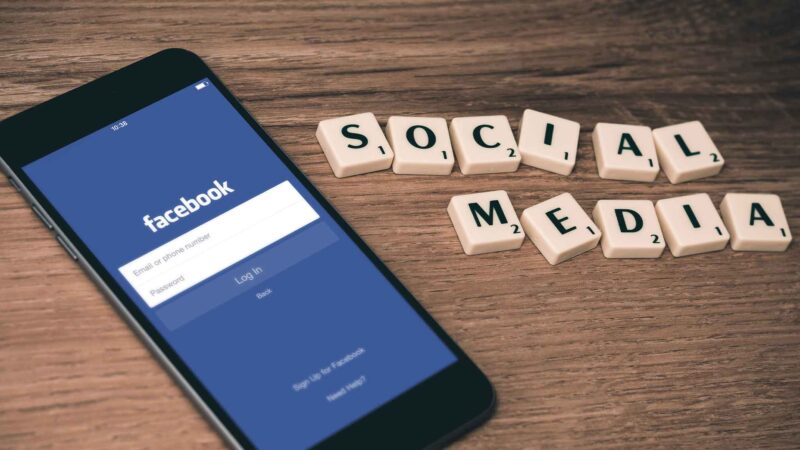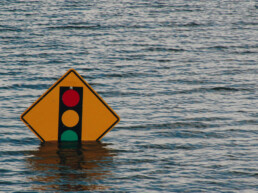I plead guilty of Twitter overindulgence. To endlessly clicking on hashtags that lead to more clicking of even more hashtags. Guilty, of spending hours scrolling that infinite scroll of mindless dopamine rushes. But even so, I recently came across a tweet that I deeply resonated with. It was by an account under the pseudo-K’tot [@kyambvthi]. Literatim, it read:
“On the internet every opinion is condemnable, any fact negotiable.”
I concur.
An age of information, an age of misinformation
The greatest irony of the times we live in is that it is an age of profound information; and in the same measure, misinformation. The internet revolution remarkably disrupted mass media. It redefined how information could be accessed, produced and communicated. These are the heydays of the gutter press. Distributing knowledge that lacks scientific rigour and hearsay has the potency to trigger masses. This is especially the case if it is presented as “verified” news from “credible” sources. This is the typical nature of most information that is presently broadcasted across the internet. A naïve and gullible audience often falls prey to such sensational journalism.
The telephone game
The telephone game epitomizes how communication flows in today’s society. How the game goes is as follows:
- The game is best experienced with a sizeable group of participants. It starts with one individual, coming up with a word and whispering to the person beside them.
- Upon hearing the phrase, they will then whisper it to another individual beside them.
- Participants keep listening to the word and relay to the player adjacent to them what they believe they heard.
- This is repeated up until the final player in the lineup or circle hears the word. When the final person listens to the word or phrase, they will state aloud what they believe they heard. This is then compared to the initial term originally relayed.
It is often found that the initial word is worlds apart from the one relayed at the end of the game. It perfectly illustrates how information from its source can get distorted or misconstrued.
Is the Earth flat?
“Shalom…,” she paused, “I’m starting to think the world is flat.”
Never in my entire life would I have thought that the shape of planet earth would become such a cause for controversy.
Are facts debatable?
The Flat Earth is a notion that conceptualizes the shape of the earth as being disk-shaped. Flat Earthers is a term given to those individuals that deny the Earth’s sphericity. Instead, they propose, very passionately I might add, the flat-earth theory misconception.
Now, I can’t help but infer that if we cannot agree on what the shape of the earth is, then the human race is done for.
Notwithstanding the empirical proof and the visual impacts of the Planet’s sphericity, pseudoscientific flat Earth conspiracy theories are being evangelised. This is predominantly the case across social networking sites. The flat earth ideology existed way before cyberspace came to be. However, its revival is largely attributed to the internet. It started afresh approximately 2014, and 2015, once individuals discovered that films regarding a Flat Earth get traction on YouTube.

Many debates have been had on this matter. The construct of a debate often favours the charismatic opponent. However, charisma and objective truth are not substitutable. Humans are often swayed by bold words and sensationalism that coincide with their prejudices. It makes no difference whether the facts show differently. The Flat Earth proposition has been disproven time and time again. However, a significant minority maintain their stance as flat earthers. They imply a global conspiracy wherein nothing we have been informed is accurate – that the planet is completely dissimilar from how it’s been depicted.
WhatsApp aunties
WhatsApp is fertile ground for fake news. If you are a user of this messaging platform, you have almost certainly seen some form of chain mail. Family members are especially notorious for forwarding such messages. In African and particularly Kenyan households, the older generation is seen to be more susceptible to these messages. Amid the COVID-19 pandemic, these chain mails ran rampant in the messaging app. These chain messages often have shock value. The bogus credentials are especially concerning, as fraudulent information is disguised with a genuine backdrop or presented as coming from a reputable authority such as WHO. These messages are often forwarded so much, they carry a “forwarded many times” tag on them.
The Truth Still Counts
With several online references, it is hard to tell if stuff is true, half-true, or false. The pervasiveness of misinformation, disinformation and fake news can have negative social ramifications. Conspiracy theories, fearmongering, indoctrination, fabrication, biased media, gimmicks, forgeries, Photoshopping, scams—misinformation and disinformation abounded in the internet age. Despite these, truth still counts. Media literacy is an important tool to alleviate the situation. The use of online media to broadcast things we claim are factual but are not could have a significant domino effect, encouraging everyone else to accept them as truth.
Once a lie is asserted over and over again, it eventually materializes to be the consensual truth. This is particularly damaging for people, who might be convinced to adopt false worldviews that can hurt themselves and anyone else in the actual world. Sometimes, professional journalists occasionally present this as reality in their reports.
The truth is the truth, fact is fact. These are non-negotiable concepts. Drawing a comparison between opinion and fact is imperative. Opinions are not facts. The truth still counts.
Shalom Kendi Mbae
A Writer. A Pan-African. A Conversationalist.
Words are to me what numbers are to a mathematician.
This little light of mine, I'm going to let it shine.





